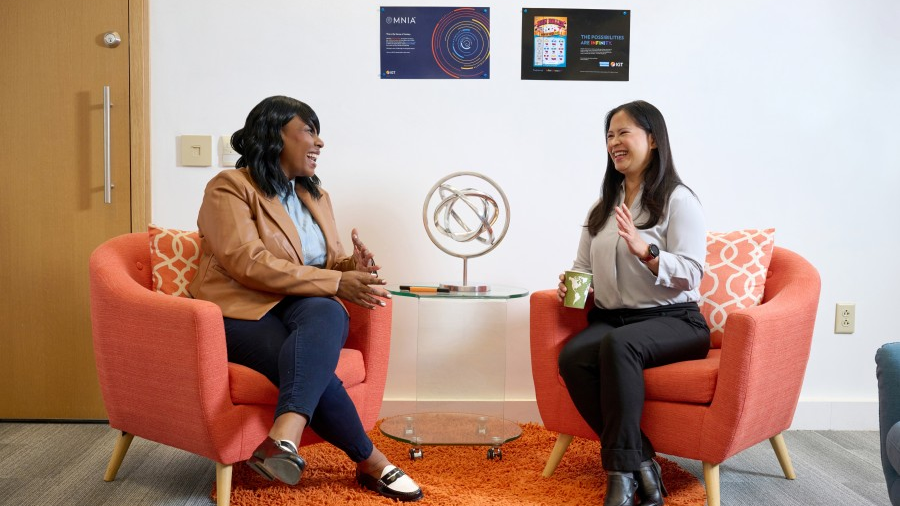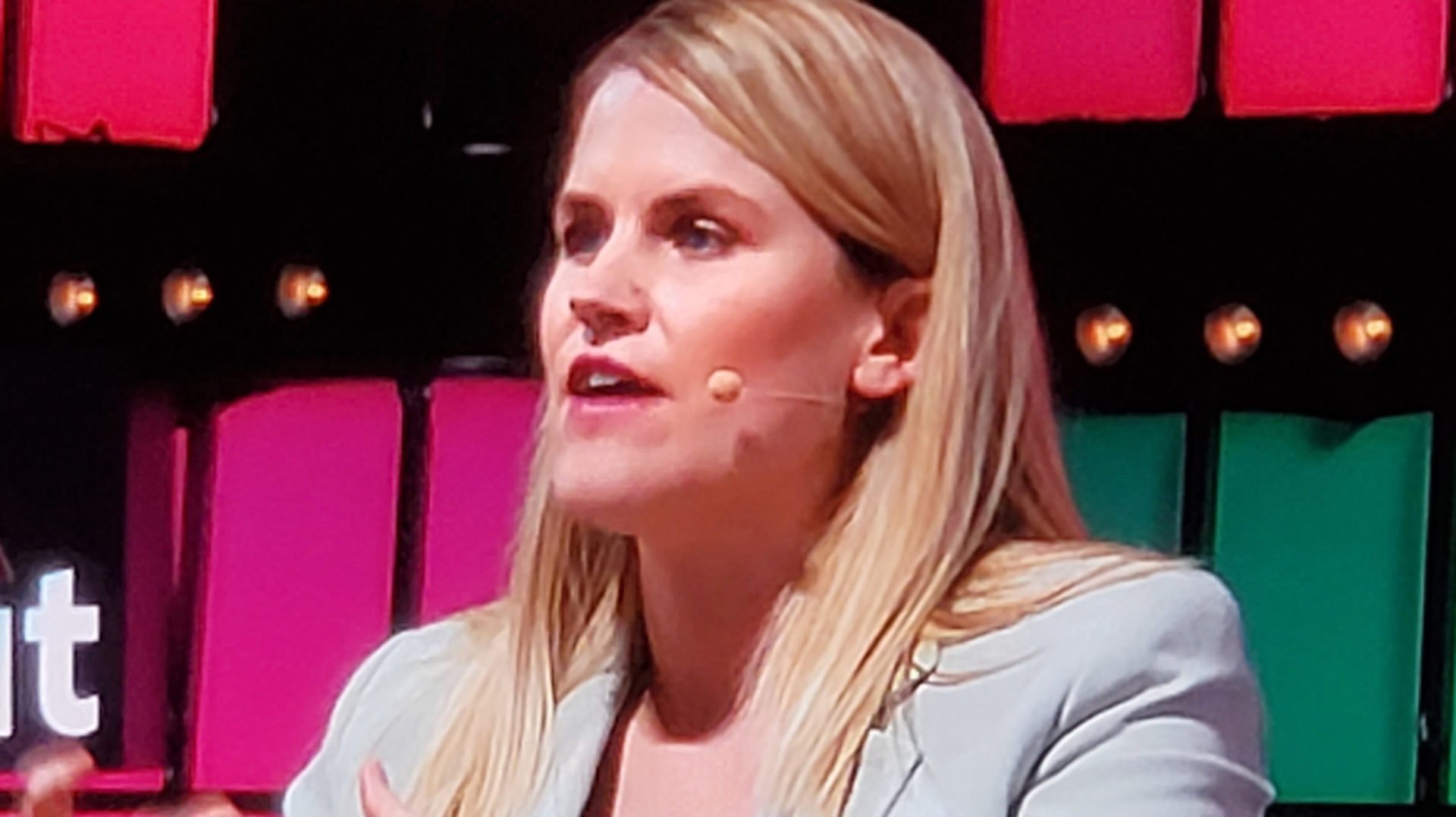
It’s hard to find a more risk-averse group than pregnant women. So it’s noteworthy that in just the last few years, the gold-standard clinical tests for fetal abnormalities have been largely replaced with a new breed of genetic tests. It’s a major and lightning-fast change in a group that typically clings to the tried and true.
Scientists have known for years that teeny shreds of DNA naturally get sloughed off from the placenta and wind up circulating in the mother’s bloodstream. But until recently, there was no technology with high enough resolution to gather information from those minuscule bits of DNA. The latest DNA sequencers finally made it possible to query these shreds and generate clinically relevant information about the fetus, such as whether it has Down syndrome.
In the time since these genetic tests launched, the use of traditional procedures—chorionic villus sampling and amniocentesis, both invasive tests that confer a small risk of miscarriage—has dropped by about 70 percent, according to Diana Bianchi, executive director of the Mother Infant Research Institute at Tufts Medical Center and a leading authority on prenatal care and diagnosis. “It really has been transformational,” she says. “It’s hard to imagine another test that has had such a dramatic impact on clinical care in such a short time.”
Expectant mothers adopted this technology in droves for one simple reason: it’s noninvasive, so there’s zero risk to the baby. Bianchi credits social media and other websites for the rapid spread of information about genetic testing throughout the mommy-to-be community.
Now, parents and physicians and scientists are faced with the fallout of all this genetic testing, and the ethical issue that should have been obvious all along: what to do with all the extra information these tests deliver? Because these tests scan the fetal genome—admittedly not all of it, since it’s hard to assemble a full picture of a genome from the little snippets of DNA that wind up in the bloodstream—they reveal much more than the tests they replaced. Already they can report the baby’s sex much sooner than it can be determined by ultrasound, and recently scientists have found that various diseases can be detected as well. “Right now we can also tell about things like specific single-gene disorders, like cystic fibrosis or sickle cell anemia,” Bianchi says. “In general, most of the professional societies have discouraged testing [for adult-onset conditions]. But is it technically feasible? Yes.”
And that’s where things get tricky. On the whole, for a handful of congenital diseases considered too severe and incurable, society has deemed it acceptable to get information early so that parents can choose to terminate these pregnancies. But what happens when parents can find out about dozens or hundreds or thousands of diseases? Will they be able to terminate pregnancies for any of them? What about choosing to end a pregnancy because they wanted a baby of the other sex?
One possible outcome is that widespread prenatal genetic testing will cause a tipping point that leads governments to more actively regulate situations in which parents can terminate a pregnancy. We’ve already seen at least one recent step in this direction, when an Indiana law made it illegal to perform an abortion because of genetic abnormalities in the fetus. The law was passed in March but overturned by a federal judge a few months later. Indiana certainly will not be the only state to attempt such legislation.
At the moment, important efforts are being directed toward educating physicians and the public about what’s possible with prenatal genetic testing and what information might be gleaned from it. “This type of testing has gone where testing has not gone before,” Bianchi says. “Many healthcare providers on the front lines don’t have the educational background to interpret the results. There’s a massive need for education.”
To that end, Congressional Representatives Jaime Herrera Beutler (R-WA) and Lucille Roybal-Allard (D-CA) last year introduced the Accurate Education for Prenatal Screenings Act, which would launch new educational programs about the nature and outcomes of prenatal genetic testing for expectant parents and medical professionals. “As these screenings become increasingly routine for parents-to-be, we must make sure that proper education—information about their usefulness, and their limitations—is part of that routine,” Herrera Beutler said in statement.
Prenatal genetic testing offers a giant leap forward in our ability to learn about the health of a fetus, but it also brings the always-roiling issue of abortion into sharp focus. It’s critical to get these debates started now so that parents, doctors, lawmakers, and the rest of us can make intelligent and informed decisions on what we find acceptable—and where we draw a line.
Ethical Issues Abound with Fast-Growing Prenatal Genetic Testing
In the last few years, the standard tests for fetal abnormalities have been largely replaced with new genetic tests. Since they launched, traditional procedures that confer a small risk of miscarriage have dropped by about 70 percent. Now we face a big ethical issue: these tests reveal much more about future diseases than those they replaced. What information should parents know, and what can and should they do about it?















